For the love of the beautiful game
Brazil has always been the heartland of soccer — and it doesn't need the World Cup to prove that

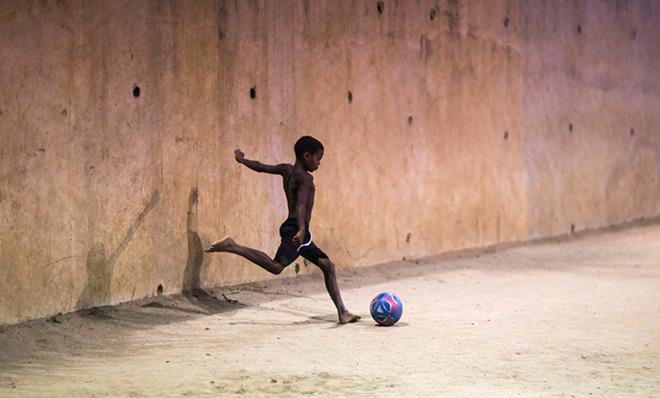
A free daily email with the biggest news stories of the day – and the best features from TheWeek.com
You are now subscribed
Your newsletter sign-up was successful
Having grown up outside Liverpool, travel photographer Tony Burns can't recall a time when soccer wasn't a part of his life.
"I'd be hard pressed to say which I like more, football or photography," Burns wrote in an email. The 36-year-old, who now lives in Amsterdam, may have hung up his boots, but he's since found a way to combine his two passions in an ongoing pet project he's tentatively calling "Jogo Bonito," or the beautiful game.
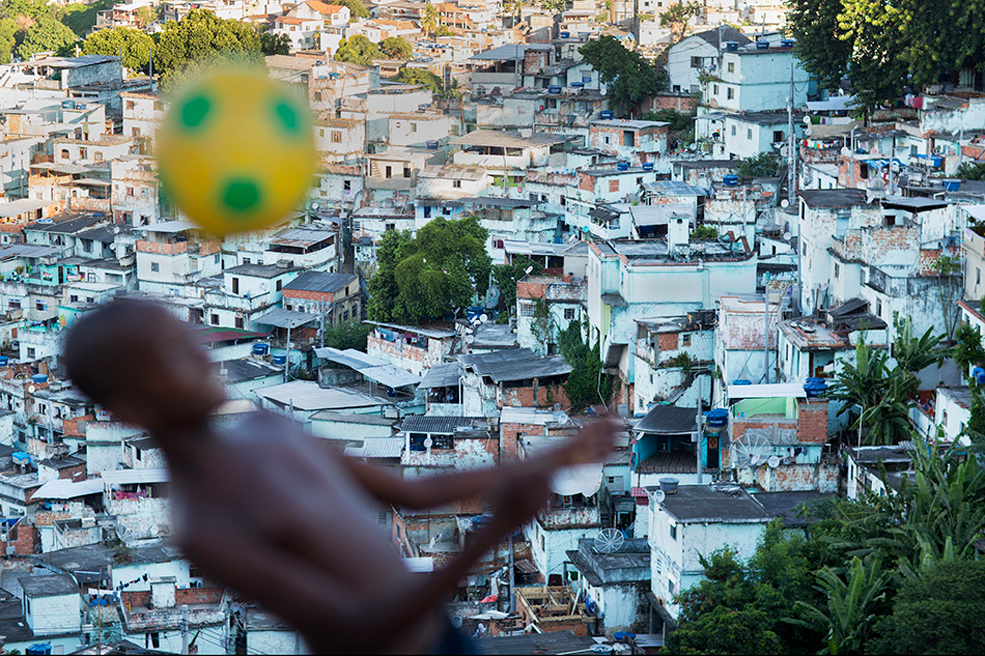
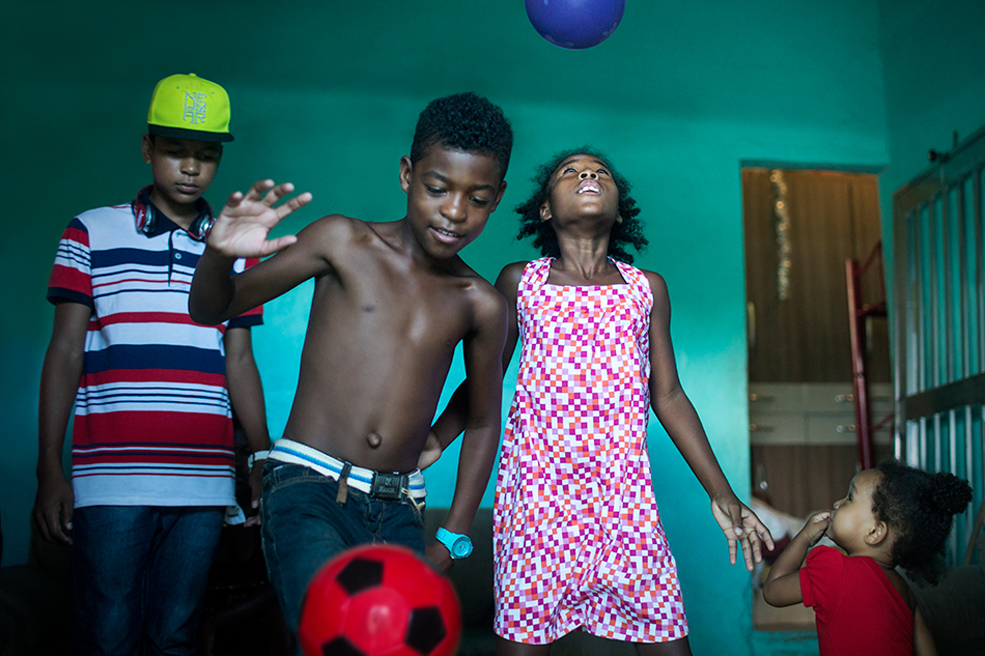
Burns decided to photograph the game as it's played around the world, but initially found himself focusing on Rio de Janeiro.
The Week
Escape your echo chamber. Get the facts behind the news, plus analysis from multiple perspectives.

Sign up for The Week's Free Newsletters
From our morning news briefing to a weekly Good News Newsletter, get the best of The Week delivered directly to your inbox.
From our morning news briefing to a weekly Good News Newsletter, get the best of The Week delivered directly to your inbox.
"I couldn't think of anywhere else in the world that would be a better location to shoot football," he said. "It's the heartland of the game and street football in particular is still played everywhere, which for an Englishman evokes memories of growing up in the 1980s where we did the same."
Inspired, Burns has returned to Brazil several times since 2012, and will be in the streets, camera-ready, before and during the World Cup.
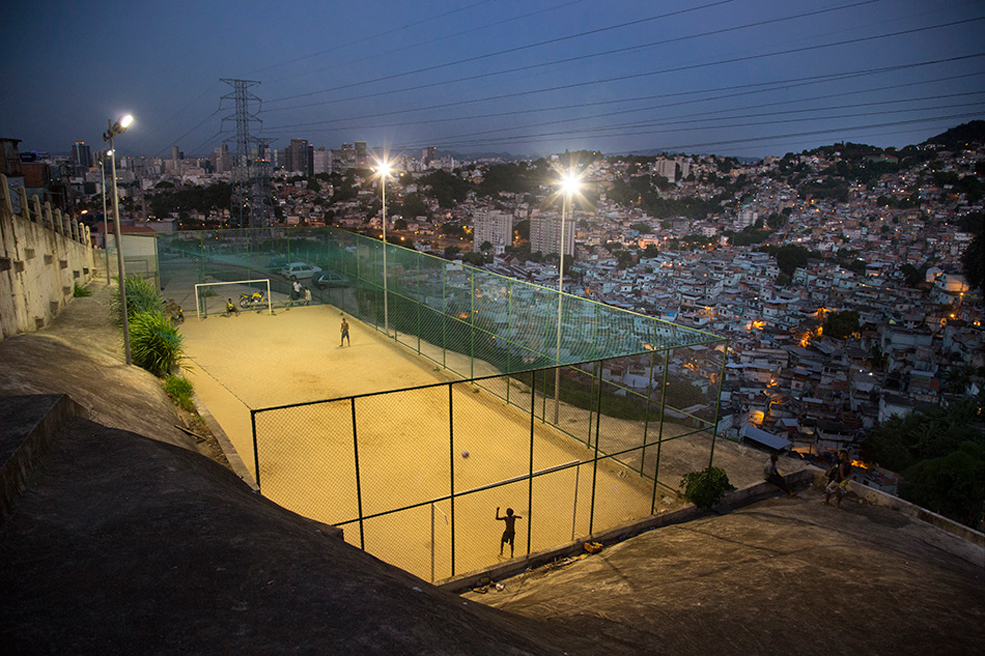
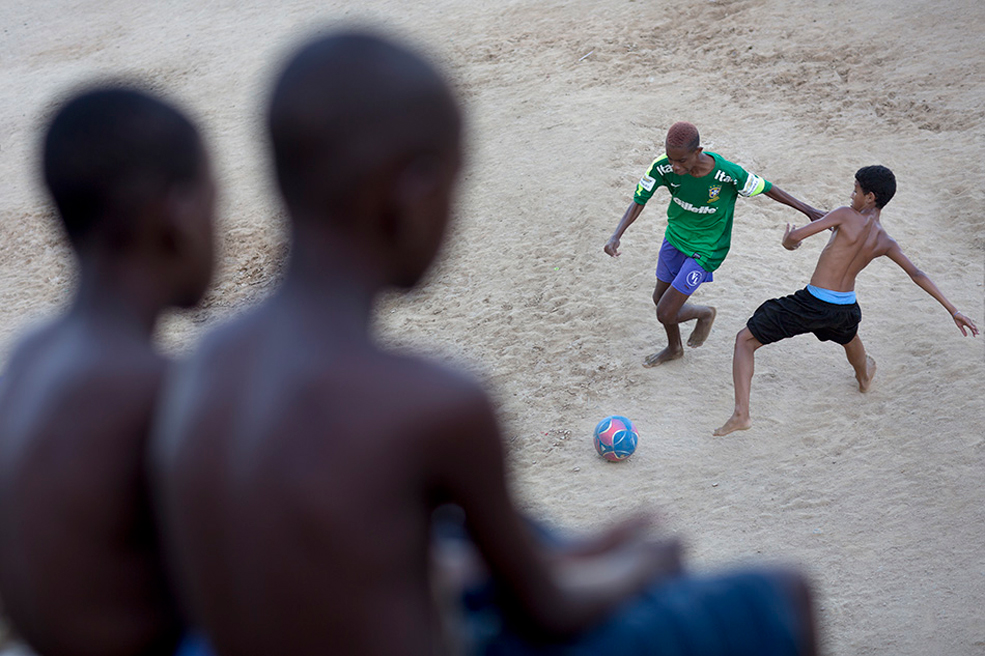
That the game is the lifeblood of Brazilian culture can be seen in the sheer number of World Cups it has won (five, more than any other country), and in the layout of its cities, which are crammed with soccer courts — perched on the side of a steep hill or plopped into the center of congested housing complex.
"Wherever Cariocas (locals from Rio) can find a space in their city, they'll play football on it," Burns said.
A free daily email with the biggest news stories of the day – and the best features from TheWeek.com
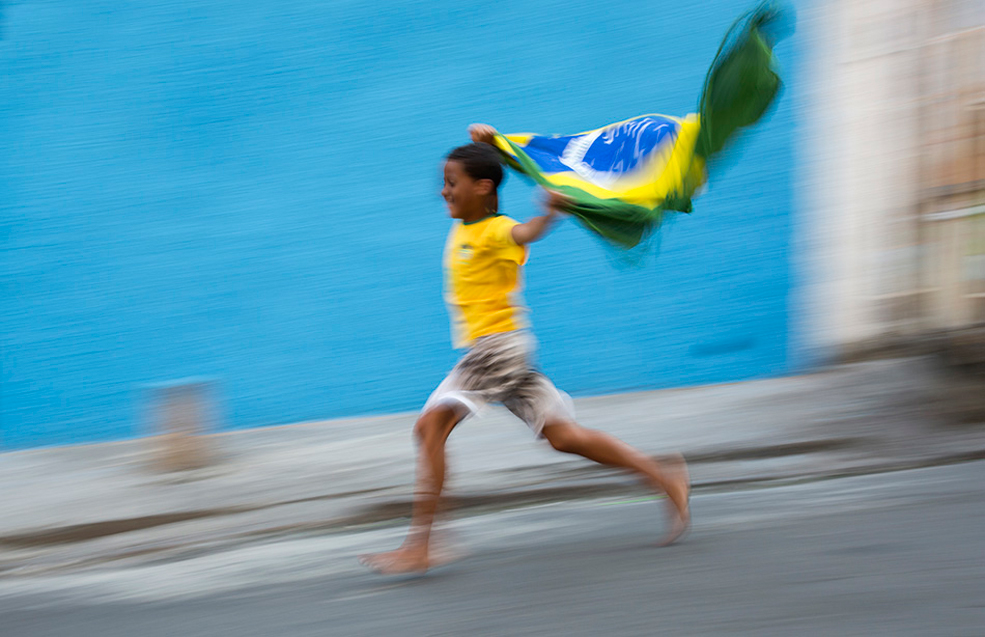
Despite this deep connection with the sport, not all Brazilians are thrilled to be hosting the World Cup. Groups have threatened to disrupt the games and protests have erupted around the city, as people grow increasingly upset with the government for pouring billions into the cup while failing to address stubborn poverty problems.
"There's a sense of injustice that so much has been spent building stadiums and preparing for a tournament that will benefit just a few, when a majority feel they aren't even receiving an adequate level of healthcare, security, or education," Burns said.
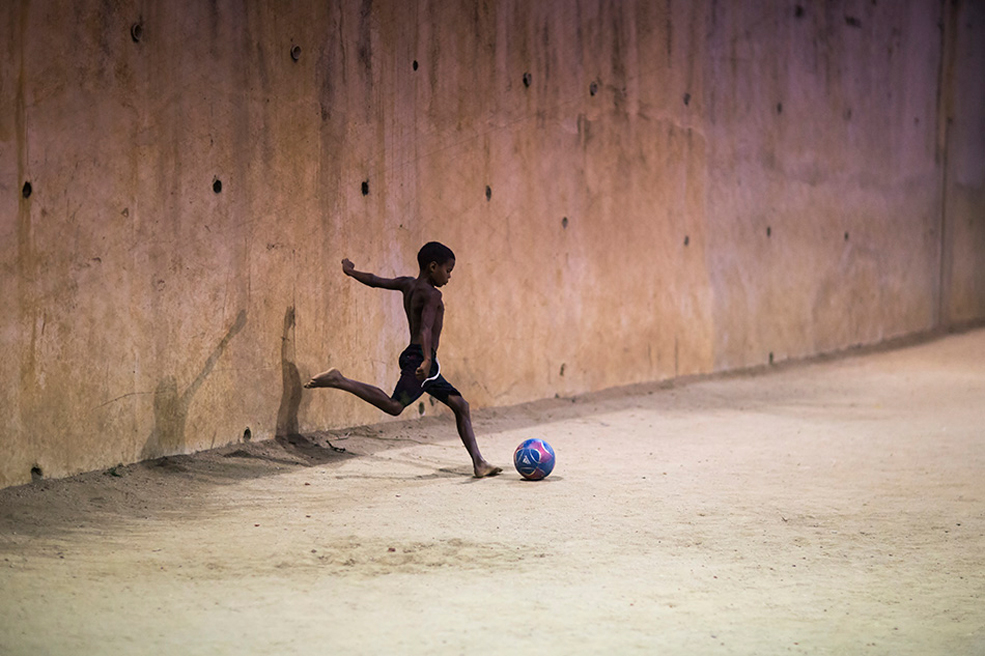
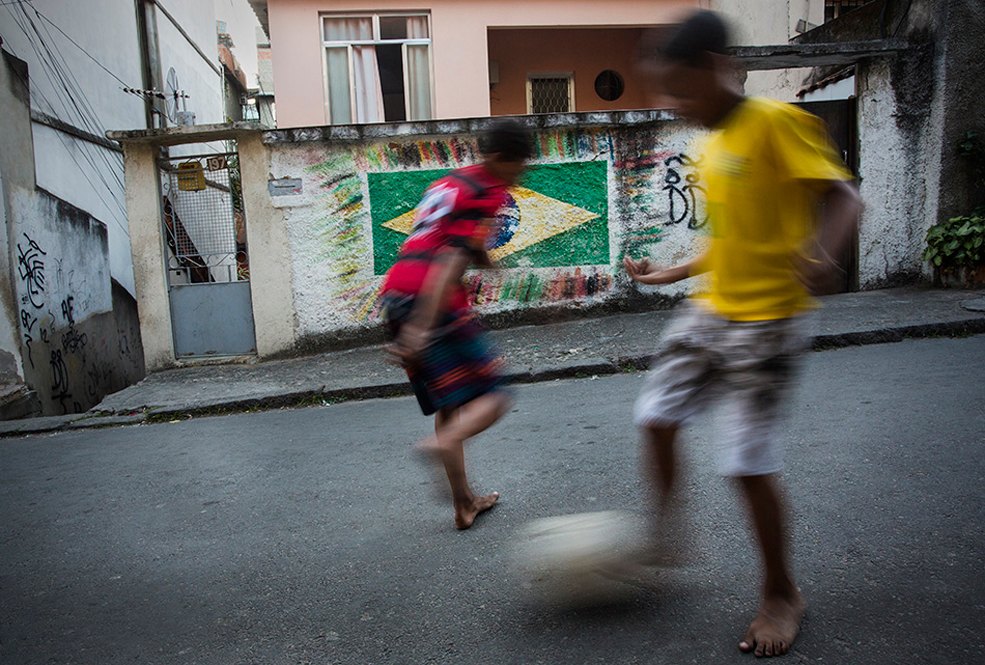
But the same feverish dedication that has made the sport so beloved will likely override the politics of the World Cup.
"As the tournament builds, football and support for Seleção (the nickname of the national team) will inevitably take over," he said. "After all, nobody loves the game as much as Brazilians."
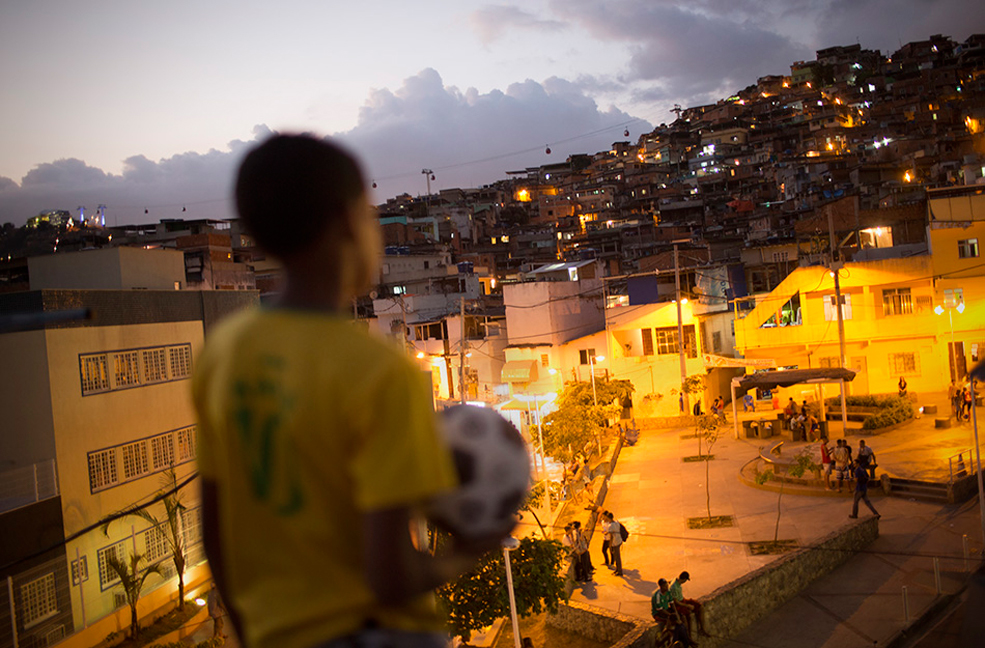
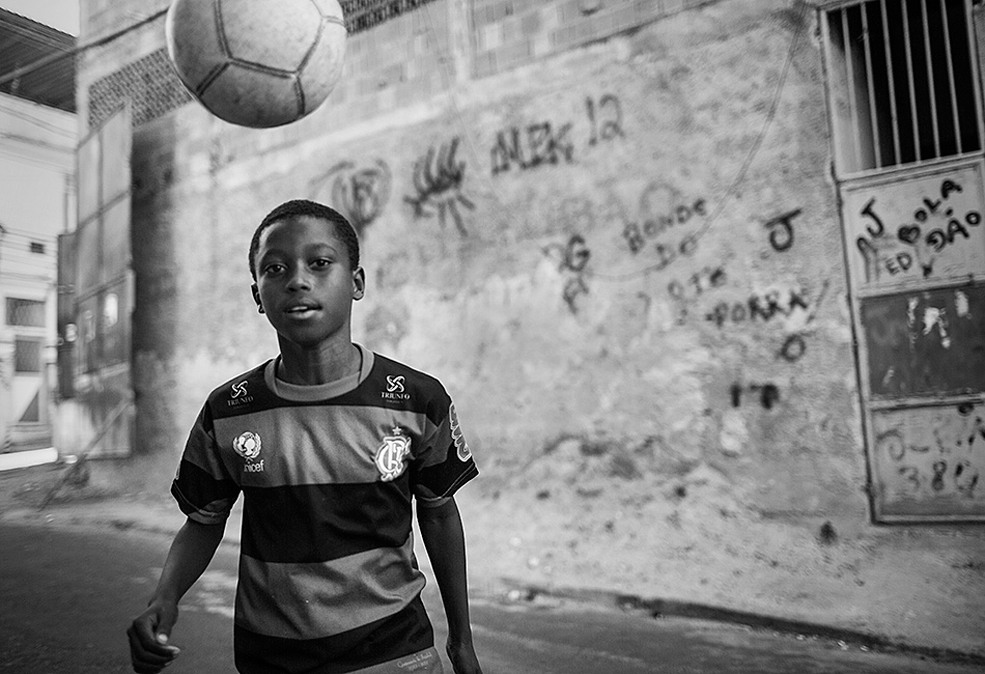
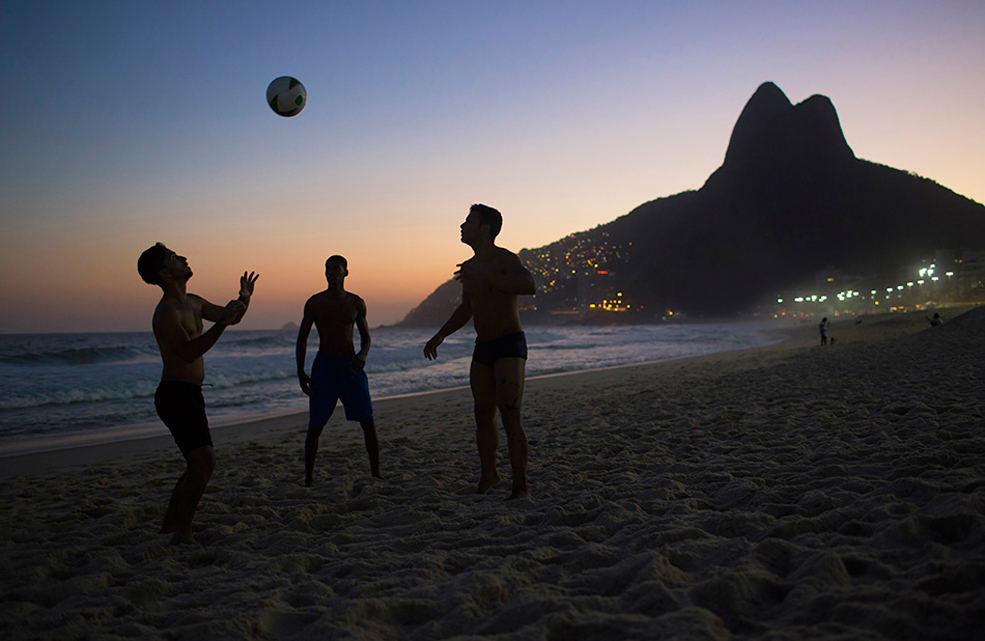
A selection of Tony Burns' photography will be exhibited by the Sao Paulo DOC art gallery's Mostra Futebol project during the World Cup. You can also view more from his soccer portfolio and other travel galleries on his website, and follow him on Facebook or Twitter as he photographs the World Cup, which kicks off June 12.
Lauren Hansen produces The Week’s podcasts and videos and edits the photo blog, Captured. She also manages the production of the magazine's iPad app. A graduate of Kenyon College and Northwestern University, she previously worked at the BBC and Frontline. She knows a thing or two about pretty pictures and cute puppies, both of which she tweets about @mylaurenhansen.
-
 Quentin Deranque: a student’s death energizes the French far right
Quentin Deranque: a student’s death energizes the French far rightIN THE SPOTLIGHT Reactions to the violent killing of an ultra-conservative activist offer a glimpse at the culture wars roiling France ahead of next year’s elections.
-
 Secured vs. unsecured loans: how do they differ and which is better?
Secured vs. unsecured loans: how do they differ and which is better?the explainer They are distinguished by the level of risk and the inclusion of collateral
-
 ‘States that set ambitious climate targets are already feeling the tension’
‘States that set ambitious climate targets are already feeling the tension’Instant Opinion Opinion, comment and editorials of the day
